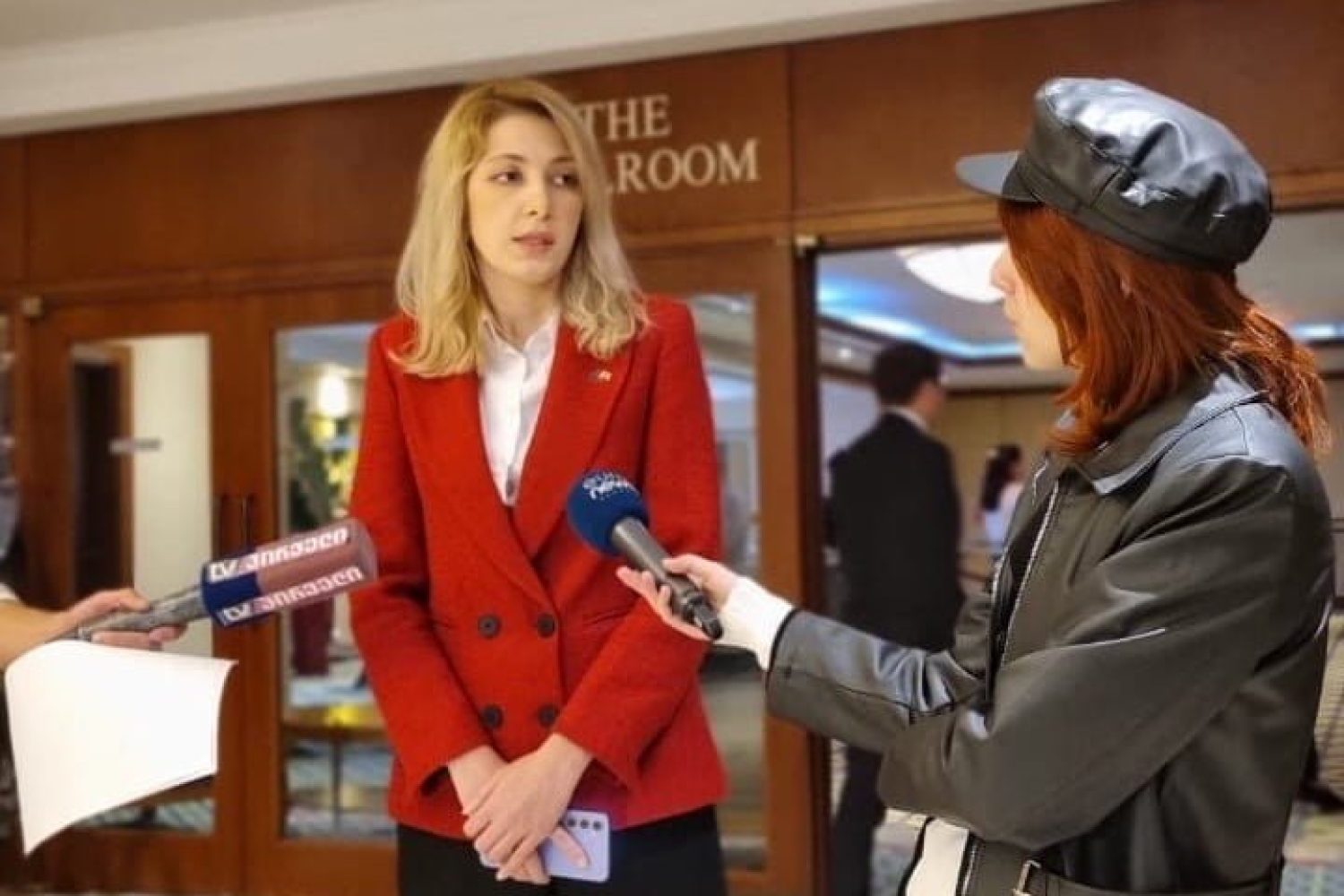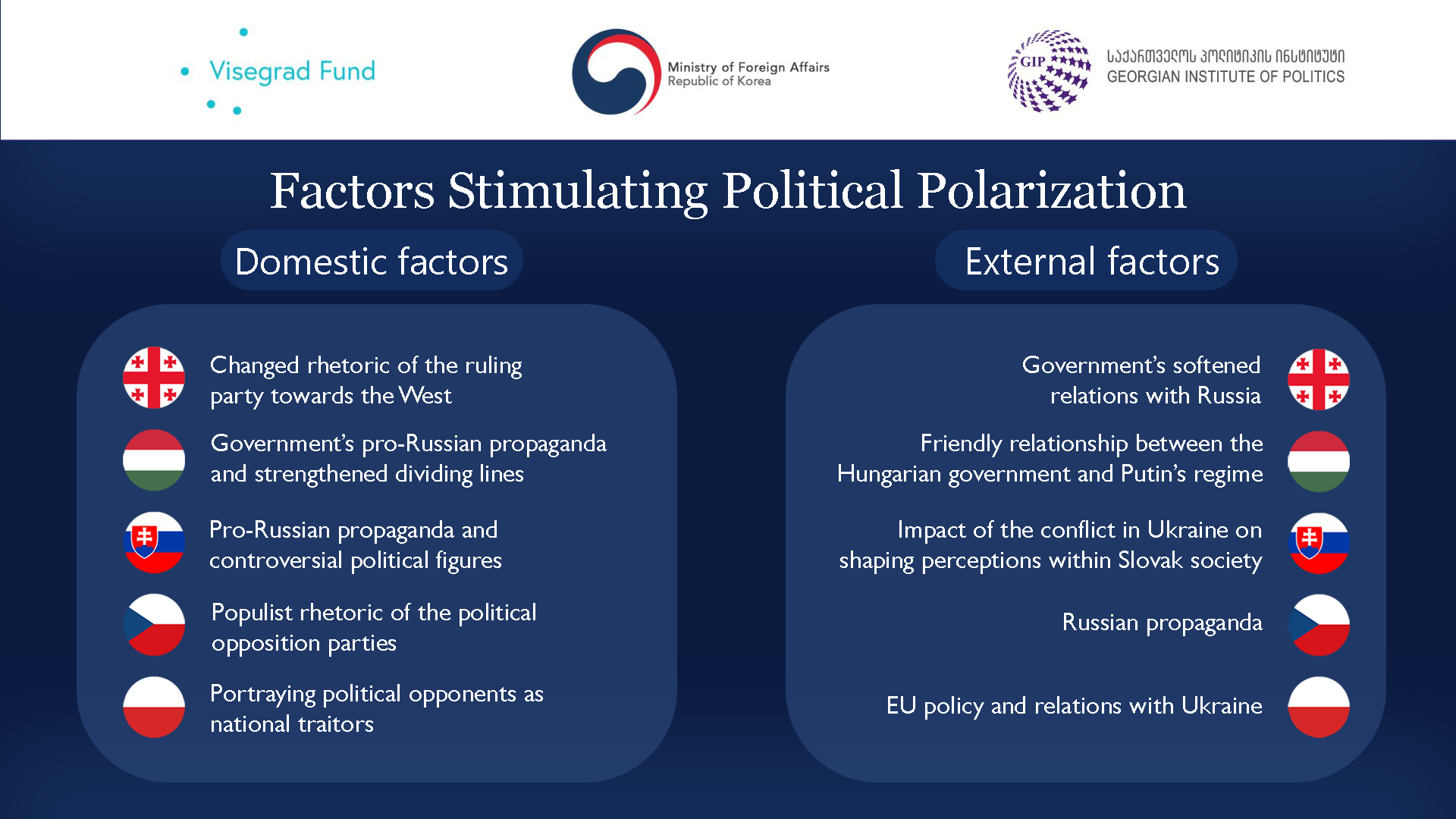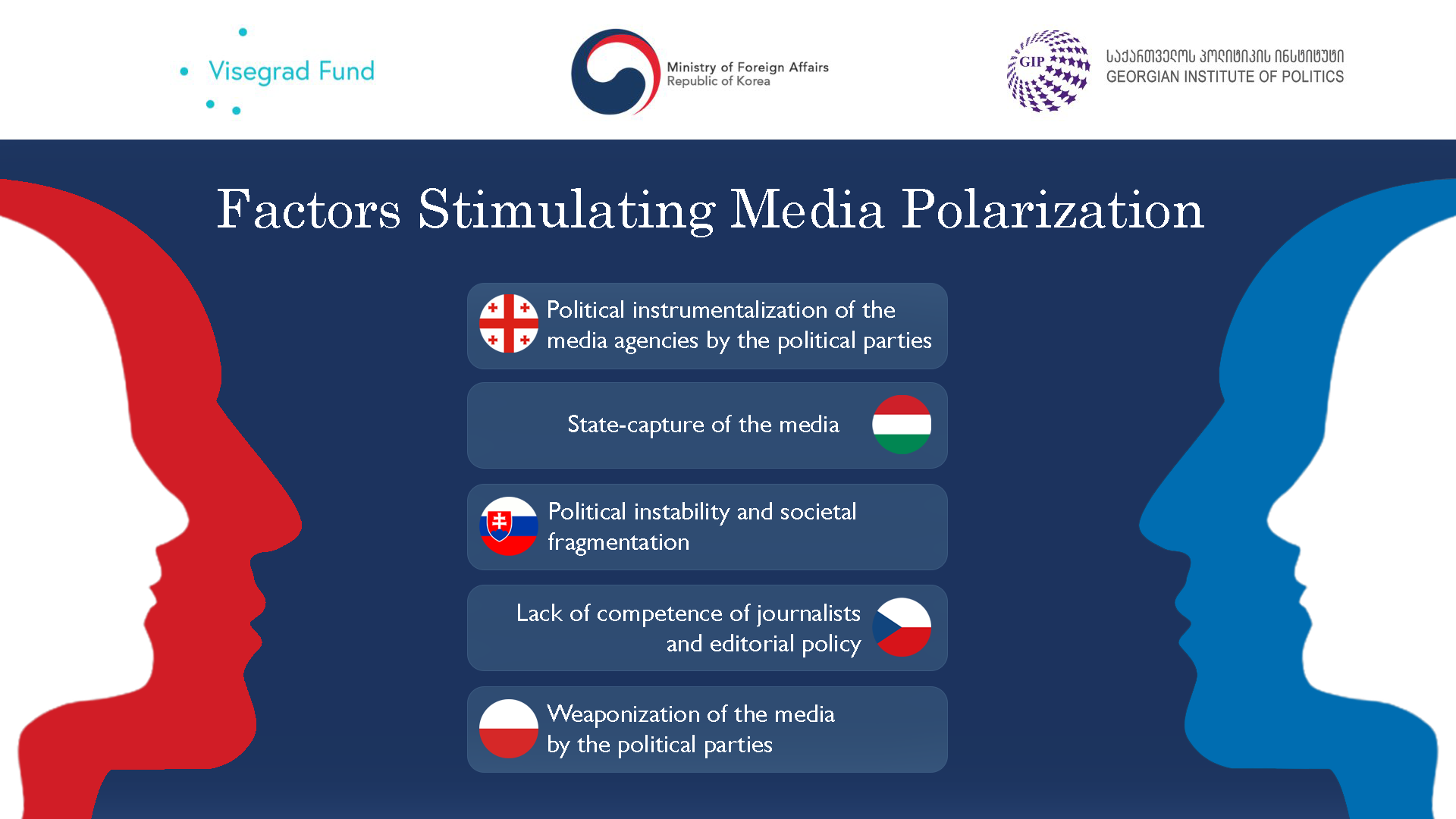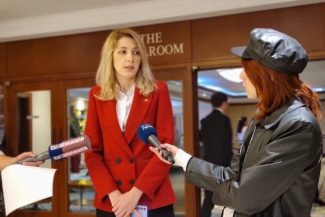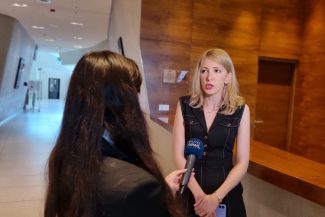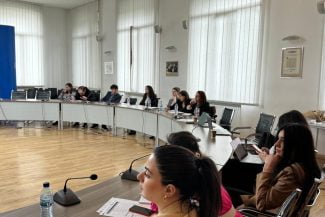On the 14th and 31st of May, the Georgian Institute of Politics (GIP) organized media briefings about political and media polarization in Georgia comparing the situation to the V4 states. The meeting was held under the framework of the project “Supporting Decrease of Media Polarization in Georgia and V4 States.” The project is co-financed by the Governments of Czechia, Hungary, Poland, and Slovakia through Visegrad Grants from the International Visegrad Fund. And also by the Ministry of Foreign Affairs of the Republic of Korea. The mission of the fund is to advance ideas for sustainable regional cooperation in Central Europe.
On the 14th and 31st of May, the Georgian Institute of Politics (GIP) organized media briefings about political and media polarization in Georgia, comparing and contrasting the situation in the country with those of the members of the Visegrád Group: Czechia, Hungary, Poland, and Slovakia. The meeting was held under the auspices of the project “Supporting Decrease of Media Polarization in Georgia and V4 States,” which is co-financed by the governments of Czechia, Hungary, Poland, and Slovakia through Visegrád Grants from the International Visegrád Fund and the Ministry of Foreign Affairs of the Republic of Korea. The mission of the fund is to raise and advance ideas for sustainable regional cooperation in Central Europe.
At the first media briefing, researchers from the GIP presented key findings from their research on domestic and external causes of media polarization, illustrated in visual info-cards (graph 1). Media representatives then reflected on their findings, as they were interviewed and surveyed during the data collection process. GIP external experts working on political polarization also took part in the briefing and expressed their expert opinions on this matter. At the briefing, participants drew links between the reasons for media polarization and the adoption of the controversial “Law on Transparency of Foreign Influence” (sometimes called the “Russian Law” or the “Russian-style Foreign Agents Law”), which has undoubtedly deepened polarization in Georgia.
Graph 1:
At the second media briefing, a GIP project manager presented key findings on factors that stimulated media polarization, and illustrated them in info cards (graph 2). Television and radio journalists who were invited to this briefing had the possibility to freely express their opinions and solutions for combatting media polarization and providing objective information to the electorate in advance of the 2024 parliamentary elections.
Graph 2:


